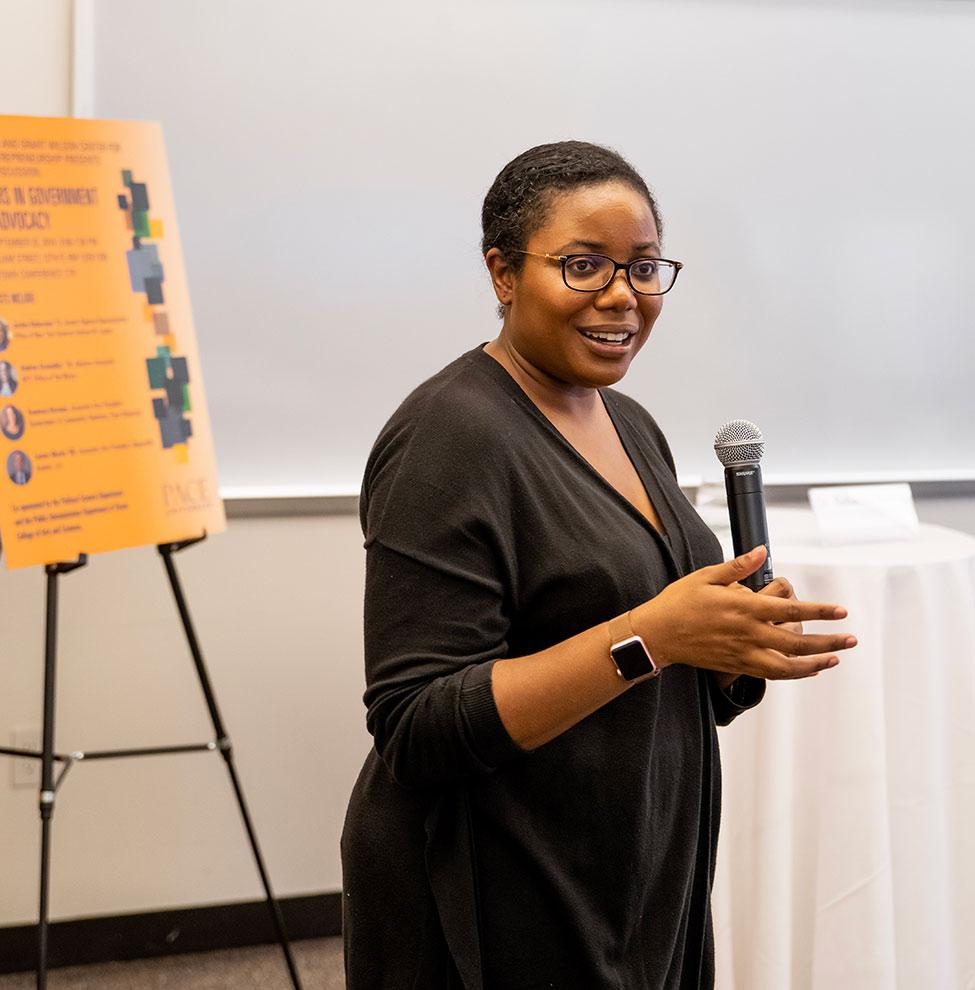
Elisabeth Haub School of Law at Pace University Welcomes Five Leading Environmental Scholars as Haub Visiting Scholars
The Elisabeth Haub School of Law at Pace University is proud to announce that five renowned environmental scholars and practitioners will join the Law School as Haub Visiting Scholars. These distinguished scholars – Sam Bookman, Monika Ehrman, Marianne Engelman-Lado, Douglas Kysar, and Jim Salzman – will bring their expertise to Pace through guest lectures, faculty collaboration, and working with students in the Environmental Law Program and beyond.

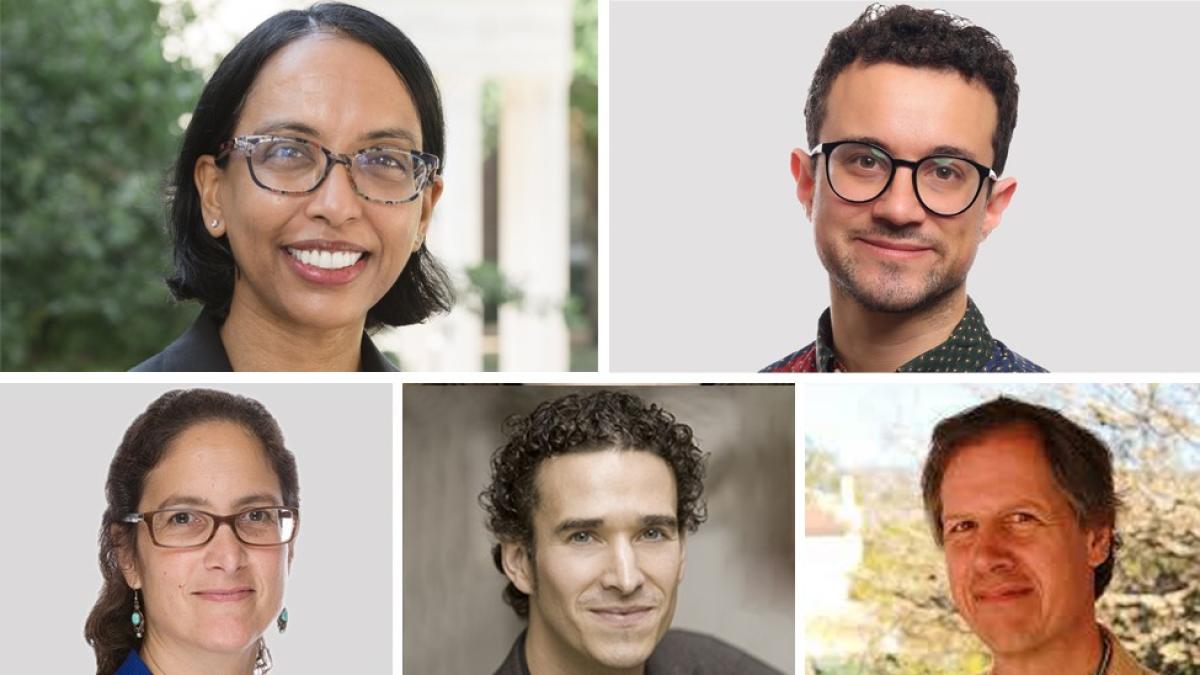
The Elisabeth Haub School of Law at Pace University is proud to announce that five renowned environmental scholars and practitioners will join the Law School as Haub Visiting Scholars. These distinguished scholars – Sam Bookman, Monika Ehrman, Marianne Engelman-Lado, Douglas Kysar, and Jim Salzman – will bring their expertise to Pace through guest lectures, faculty collaboration, and working with students in the Environmental Law Program and beyond. Funding for the Haub Visiting Scholars was made possible by a gift from the Haub family in recognition of the essential role of environmental science, informatics and other technology and allied fields towards formulating environmental policy and law.
“The Haub Visiting Scholars program is a transformative opportunity for both the Scholars and the Pace Haub Law community,” said Katrina Fischer Kuh, Faculty Director of the Environmental Law Program and Haub Distinguished Professor of Environmental Law. “Each of these visiting scholars brings not only a unique depth of knowledge in their respective fields, but also a practical viewpoint and understanding of pressing environmental challenges and the need for innovative solutions. Each Haub Visiting Scholar will enrich classroom discussions, foster new research collaborations, and inspire the next generation of environmental leaders.”
As previously announced, Sam Bookman will be a Visiting Assistant Professor with the Law School for the Fall 2025 semester and he will also serve as a Haub Visiting Scholar. While at Pace Haub Law, he will teach Climate Change Law and Constitutional Law. Professor Bookman is currently a Postdoctoral Fellow at Harvard’s Project on the Foundations of Private Law. He also works as the Senior Staff Attorney in the Environment Program of the Cyrus R. Vance Center for International Justice, an initiative of the New York City Bar Association. Professor Bookman will also lend his expertise as Pace Haub Law builds the Pace New York Environmental Rights Repository, which seeks to support application of the environmental rights added to the New York State Constitution in 2022. Professor Bookman will also participate with Pace Haub Law in the upcoming global Climate Change Conference COP30, held in Belem, Brazil.
Monika U. Ehrman will visit Pace Haub Law as a Haub Visiting Scholar during the Fall of 2025. She is a Professor of Law at SMU Dedman School of Law and a Professor of Engineering (by courtesy) in the Department of Civil and Environmental Engineering at SMU Lyle School of Engineering, in Dallas, Texas. During her time at Pace Haub Law, Professor Ehrman will serve as a guest lecturer, participate in faculty workshops and Pace Haub Law’s third annual Sustainable Business Workshop, moderate a panel at the WCA Sustainable Business Profit and Purpose Conference, and more. Her scholarly interests are in the areas of natural resources, energy, mining, property, and environmental law & policy. She is principal investigator of a multi-year team grant awarded in 2021 from the Alfred P. Sloan Foundation to study the impact of the clean energy transition on Native American communities.
Marianne Engelman-Lado will visit Pace Haub Law as a Haub Visiting Scholar during 2025–2026. During that time, she will deliver a faculty workshop, visit classes as a guest lecturer, and engage with the Pace Haub Law Community. Professor Engelman-Lado’s has devoted her career to civil rights and environmental justice. She recently joined New York University School of Law to serve as Research Scholar and Director of a new Environmental Justice Initiative. During the Biden Administration she served as Deputy General Counsel for Environmental Initiatives in the Office of General Counsel and as Acting Principal Deputy Assistant Administrator in the newly launched Office of Environmental Justice and External Civil Rights at the Environmental Protection Agency. She previously directed Environmental Justice Clinics at Yale and Vermont Law Schools, and served as Lecturer at both the Yale University School of Public Health and the Yale School of the Environment. She has served as senior staff attorney at Earthjustice, her experience also includes ten years as General Counsel at New York Lawyers for the Public Interest (NYLPI), and she began her legal career as a staff attorney at the NAACP Legal Defense and Educational Fund, Inc. Marianne has lectured widely and taught graduate, law and undergraduate level courses and is a widely published scholar.
Douglas Kysar will visit Pace Haub Law as a Haub Visiting Scholar over the course of the spring 2026 semester. Professor Douglas Kysar is Joseph M. Field ’55 Professor of Law at Yale Law School and faculty director of the Law, Environment and Animals Program. His teaching and research areas include torts, animal law, environmental law, climate change, products liability, and risk regulation. Professor Kysar was previously on the faculty at Cornell Law School. He has also served as a visiting professor at Indiana University, NYU, UCLA, Yale, Harvard, and in Singapore, Hong Kong, London, and Spain. Professor Kysar has authored several books and is a widely published scholar. During his time at Pace Haub Law, he will deliver the Lloyd K. Garrison Lecture on Environmental Law in April 2026. He will also serve as a guest lecturer, convene with faculty and students, and participate in the annual Pace-Maryland Colloquium.
James Salzman will visit Pace Haub Law as a Haub Visiting Scholar during the fall 2026 semester. Professor Salzman is the Donald Bren Distinguished Professor of Environmental Law with joint appointments at the UCLA School of Law and at the Bren School of Environmental Science & Management at UC Santa Barbara. During his time at Pace Haub Law, Professor Salzman will deliver the 2027 Lloyd K. Garrison Lecture on Environmental Law. Prior to his current appointment, he formerly held distinguished chairs at Duke University Law and Environment Schools. In thirteen books and more than 100 articles and book chapters, his broad-ranging scholarship has addressed topics spanning drinking water, policy design, and creating markets for ecosystem services. One of the most read environmental law professors in the world, his work has been translated into ten languages with over 115,000 article downloads. He frequently appears as a media commentator and has delivered lectures on every continent. He has served as a visiting law professor at Columbia, Harvard, Stanford, and Yale as well as at universities in Australia, China, Israel, Italy, Portugal, and Sweden.
Pace University Professor Tiffany Henley Advances Research on Health Equity and Community Care
Research led by Public Administration Associate Professor Tiffany Henley, PhD, explores how healthcare training and collaboration can advance equity in underserved communities.
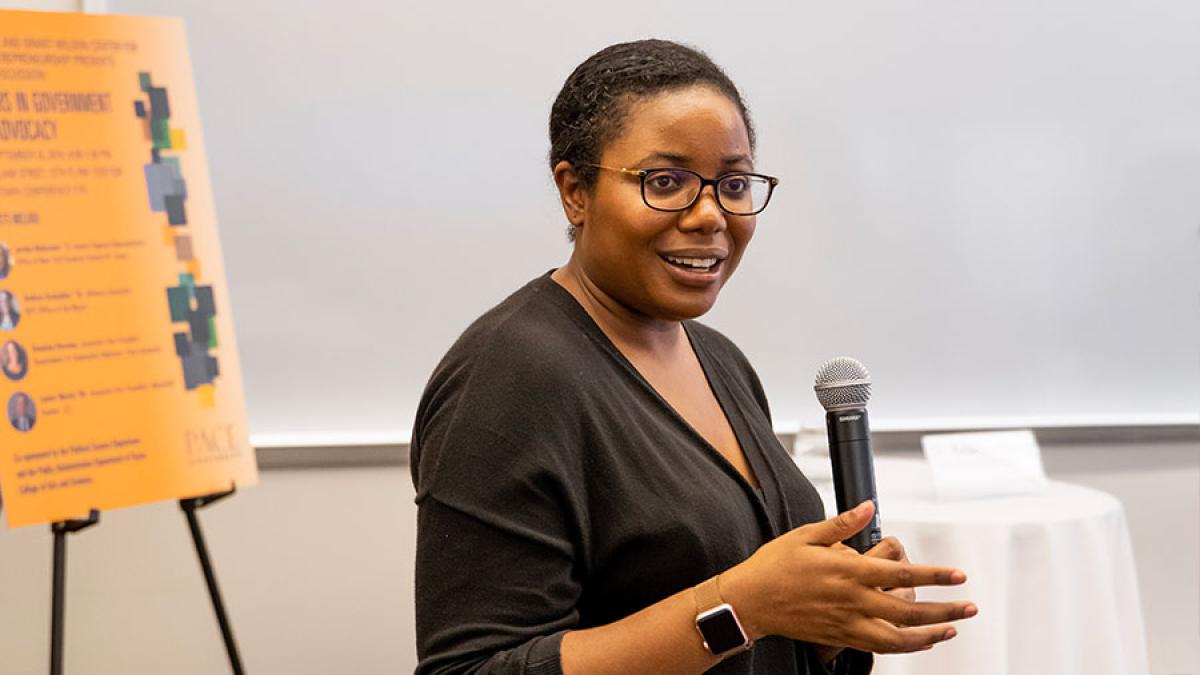

When the COVID-19 pandemic struck, communities across the Bronx faced heightened risks due to pre-existing health disparities such as asthma, diabetes, and high mortality rates. Tiffany Henley, PhD, associate professor in the Dyson College of Arts and Sciences’ Public Administration program, recognized an urgent need: understanding how healthcare training and education could improve care for patients from marginalized groups.
Supported by a Pace interdisciplinary research grant, Professor Henley collaborated with colleagues from Pace University’s College of Health Professions and Montefiore Hospital to examine how frontline healthcare workers adapted during the crisis. Using a qualitative approach known as appreciative inquiry, the team explored not only what challenges providers faced, but also what worked well in supporting patient care.
“Our research revealed the power of collaboration and real-time learning,” Henley explains. “Healthcare professionals across departments—from nutritionists to critical care nurses—quickly adapted, shared information, and drew on institutional knowledge to meet the needs of patients.”
The findings, published in the Journal of Health and Human Services Administration, underscore the importance of interprofessional education, mentorship, and diversity, equity, and inclusion initiatives in reducing health disparities.
Henley brings these insights directly into her classroom, where students in her health policy, hospital administration, and special topics courses engage in research-driven projects, community health assessments, and problem-solving exercises. “I want my students to leave with practical skills and a mindset focused on evidence-based solutions,” she says.
Looking ahead, Henley is expanding her community-focused research while on sabbatical in Virginia. Partnering with Kennedy’s Angel Gowns, a nonprofit founded by her sister, she is leading a maternal health community assessment to evaluate the impact of community-based doulas on low-income families. With student collaboration and grant support, this project will generate reports and articles aimed at advancing maternal health equity.
For Henley, the motivation is personal. “I’ve always felt called to serve the community,” she reflects. “Through research and teaching, I see my role as helping others—whether it’s patients, students, or families—reach their full potential.”
Epstein Survivors Are Speaking Truth To Power — Will America Listen?
Dyson Criminal Justice Professor and Department Chair Cathryn Lavery pens a compelling op-ed in The Hill, urging Americans to listen to Epstein survivors and confront the systems that perpetuate silence and complicity. Her piece calls attention to how institutions often fail victims by refusing to confront the realities of abuse—particularly in cases involving power.

Survivors Speak Out After Trump Dismisses Domestic Violence Crimes: ‘Deeply Disturbing’
Executive Director of the Pace Women’s Justice Center, Cindy J. Kanusher, powerfully addressed President Trump’s dismissive remarks about domestic violence in a widely shared statement featured in The Independent. “Domestic violence is not a private matter or a misunderstanding. It is abuse. It is a crime. And it must be treated with the seriousness it demands,” she said. Kanusher emphasized that minimizing these crimes sends a dangerous message to victims, potentially silencing them and impeding justice. Her remarks have added critical legal and moral context to the media backlash around the issue.
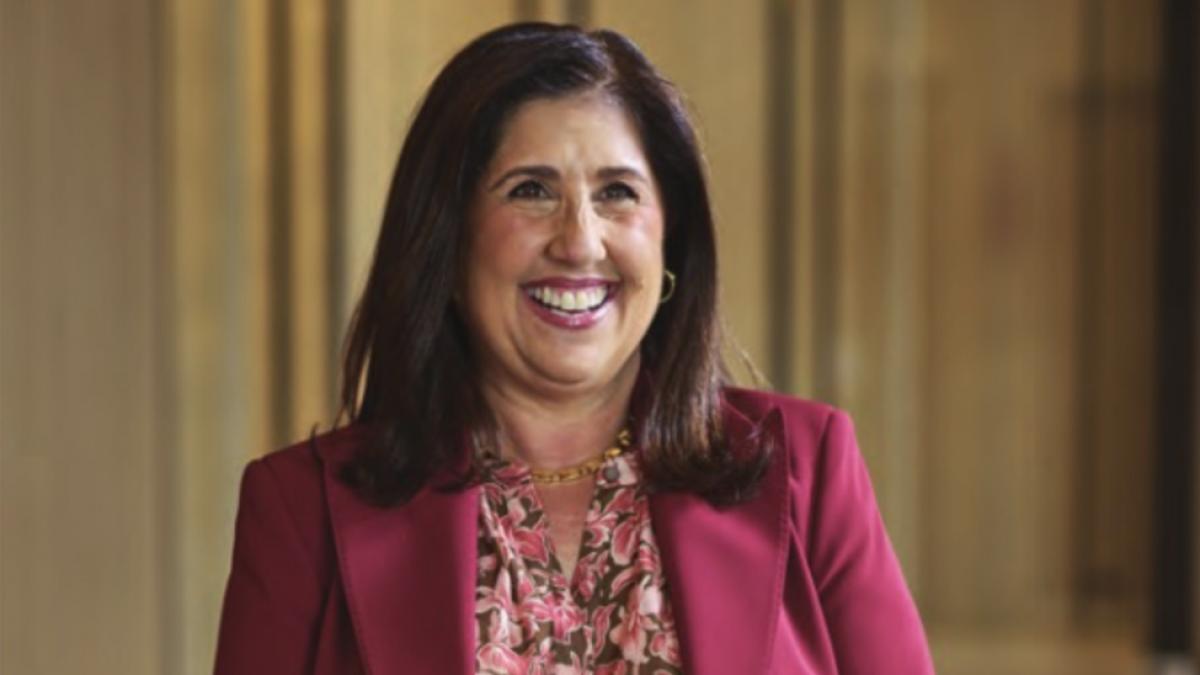
Zohran Mamdani Chances of Winning NYC Mayoral Race as Eric Adams Stays In
Dyson Political Science Professor Laura Tamman speaks with Newsweek about the narrowing NYC mayoral race. Speaking on Andrew Cuomo’s long-shot chances, she noted it’s “difficult to envision any scenario in which Cuomo wins more votes than Mamdani,” even if Eric Adams or Curtis Sliwa were to drop out. Her insight reflects the uphill challenge for anti-Mamdani candidates to consolidate voter support.
Unanswered—and Maybe Unanswerable—Questions in Trump-Epstein Saga
Elisabeth Haub School of Law Professor Bennett Gershman writes a piece in the New York Law Journal examining whether Donald Trump or Jeffrey Epstein had any contact with the Florida U.S. Attorney who brokered Epstein’s controversial plea deal 17 years ago, raising critical questions about influence, power, and accountability.
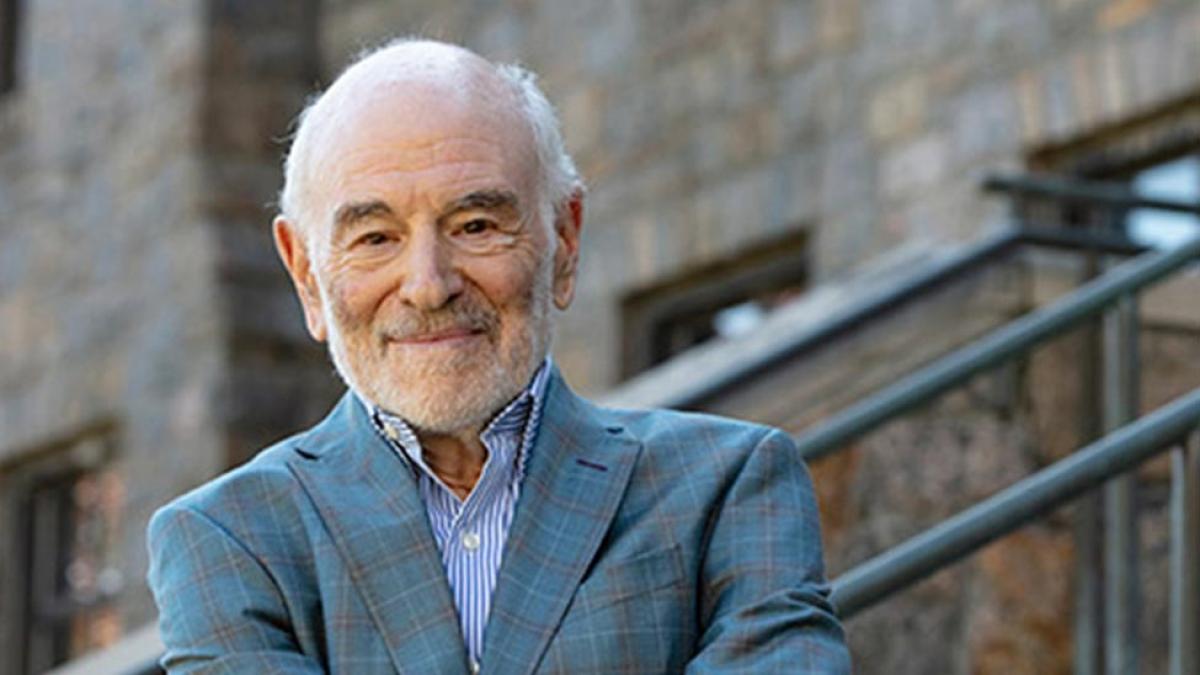
Why North Korea Glorifies Its Soldiers' Deaths In Ukraine
Dyson Communication and Media Studies Professor Seong Jae Min provides expert commentary to Deutsche Welle (DW) on how North Korea is framing its soldiers’ deaths in Ukraine. He explains the use of ideological messaging to reinforce loyalty and national identity: “It’s what the North does: ideological indoctrination to educate both current soldiers and the next generation.”
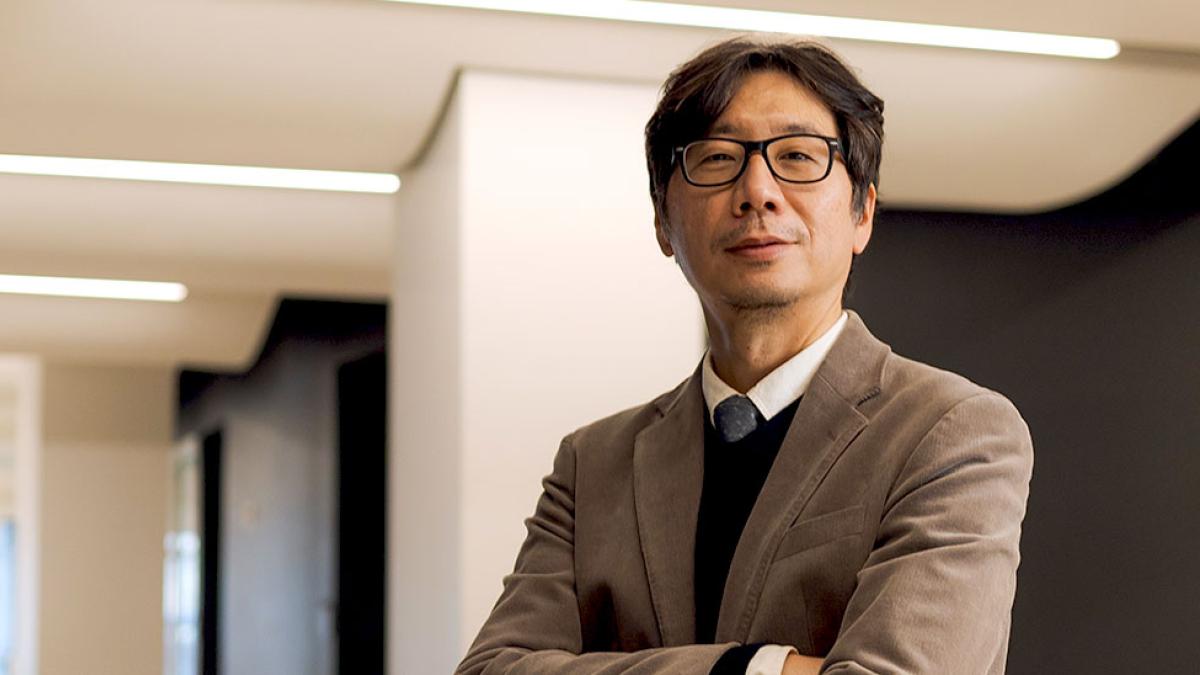
Business Council of Westchester Hosts Conversation on Artificial Intelligence in the Workforce
News 12 Westchester covered an artificial intelligence conference, hosted at Pace University's Pleasantville campus in collaboration with The Business Council of Westchester (BCW). U.S. Congressman George Latimer opened the program, which explored ethical frameworks for AI regulation. Notable participants included BCW President Dr. Marsha Gordon, IBM representatives, Dyson Philosophy Professor James Brusseau, and Seidenberg Information Technology Professor David Sachs, who discussed emerging policy questions and the social impacts of AI tools.
Pace University Leads the Charge at Rainy Susan G. Komen Race for the Cure
Pace University once again fielded the largest university team at the 35th annual Susan G. Komen Race for the Cure in Central Park, demonstrating its longstanding commitment to breast cancer awareness and advocacy. CBS News featured more than 100 Pace students who braved the rain to walk and volunteer in support of the cause.